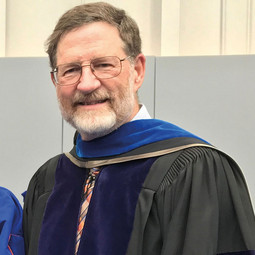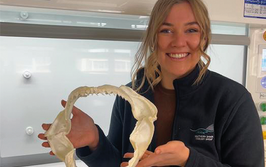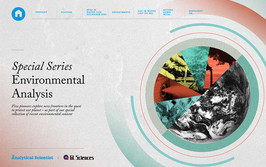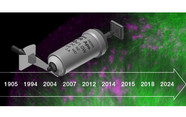Rick Yost

Professor Emeritus, Analytical Chemistry, University of Florida, USA
Qualities of an innovative thinker? Persistence. If yours is a truly innovative, revolutionary idea, then many (most?) experts in the field will tell you that it won’t work. That’s probably a good sign that the idea is worth pursuing! Indeed, the experts may be correct, but truly innovative ideas are rarely obvious or quickly accepted.
Missing from the toolbox? Since my toolbox contains mostly mass spectrometers, often integrated with chromatographs, let me identify what I’d most like to see added to that toolbox… First, an LC system with the separation power of capillary GC that’s easy to use. No matter how many “U”s you add in front of HPLC, we are still far away from routine LC separation that rivals capillary GC. And then I want an ionization technique for LC that is as universal and democratic as electron ionization (EI).
Making the most out of an innovation? As much as I love pure innovative science and cool instrument development, for an innovation or invention to have a real impact, others must be able to use it or acquire it. So widespread availability of your invention or access to your innovation is critical to making the most of it.
Book for scientists? “Zen and the Art of Motorcycle Maintenance” by Robert Pirsig (1974). What a wonderful exploration of the juxtaposition of science and art! And great science and innovation is a mixture of both.

















